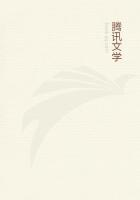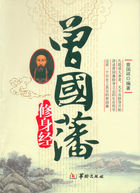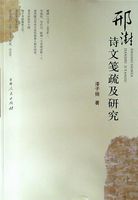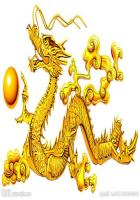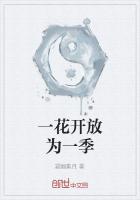His collected works have been edited by Sir William Hamilton.The editor has not enriched it with such notes as he has appended to his edition of Reid, -- notes distinguished for the very qualities which Reid was deficient in, extensive scholarship and rigid analysis.Sir William Hamilton, in undertaking the work, stipulated that Mr.Stewart's writings should be published without note or comment.I rather think that Hamilton had not such a sympathy with the elegant and cautious disciple as with the shrewd and original master.Besides, elaborate notes to Stewart must have been very much a repetition of his notes to Reid.In this edition Hamilton is tempted at times to depart from his rule: he does give us a note or comment when the subject is a favorite one, such as the freedom of the will; and often must he have laid a restraint on himself, in not pruning or amending to a greater extent..But the value of this edition consists in its being complete, in its having references supplied, and one index after another, and in its containing additions from Stewart's manuscripts, and these often of great value, both in themselves and as illustrating Stewart's philosophy.Sir William Hamilton was cut off before the edition was completed, but Mr.Vetch has carried on the work in the same manner and spirit.Having said so much of this fine edition, we must protest against the occasional translation of the language and views of Stewart into those of Hamilton, in places where it is purported to give us Stewart himself.Thus, in index, vol.
iv., p.408, Stewart is represented as, in a place referred to, discussing the question as to whether some of our notions be not " native or a priori," but, on looking up the page, no such language is used; and the same remark holds good of vol.v., P.474, where Stewart is spoken of as describing our notions both of matter and mind as merely "phenomenal," a view thoroughly Kantian and Hamiltonian, and not sanctioned by Stewart.I must be allowed, also, to disapprove of the liberty taken with the " Outlines of Moral Philosophy," which is cut up into three parts, and appears in three distinct volumes.This is the most condensed and direct of all Stewart's writings: it contains an abridgment of his whole doctrines; it is one of the best text-books ever written, and it should have appeared in its unity, as Stewart left it.{287}
I do not propose to criticise these ten massive volumes of his works.This would be a heavy work to my readers: it would almost be equivalent to a criticism of all modern philosophy.Nevertheless, I must touch on some topics of an interesting and important kind, as discussed by Stewart, and again discussed by later writers on mental science.
The first volume of the collected works contains the "Dissertation on the Progress of Metaphysical and Ethical Philosophy." I look upon it as the finest of the dissertations in the " Encyclopaedia Britannica " -- , and this is no mean praise, when we consider the number of eminent men who have written for that work.I regard it, indeed, as, upon the whole, the best dissertation which ever appeared in a philosophical serial.As a history of modern philosophy, especially of British philosophy, it has not been superseded, and, I believe, never will be set aside.It is pre-eminent for its fine literary taste, its high moral tone, its general accuracy, its comprehensiveness of survey, and its ripeness of wisdom.When we read it, we feel as if we were breathing a pure and healthy atmosphere, and that the whole spirit of the work is cheering, as being so full of hope in the progress of knowledge.Its critical strictures are ever candid, generally mild, very often just, and always worthy of being noted and pondered.The work is particularly pleasing in the account given of those who have contributed by their literary works to diffuse a taste for metaphysical studies, such as Montaigne, Bayle, Fontenelle, and Addison.It should be admitted that the author has scarcely done justice to Grotius, and failed to fathom the depth of such minds as Leibnitz and Jonathan Edwards.Iagree, moreover, with those who regret that he should ever have been tempted to enter on a criticism of Kant, whose works he knew only from translations and imperfect compends.
The next three volumes contain the" Elements of the Philosophy of the Human Mind," and are introduced by a portion of the " Outlines of Moral Philosophy." In the first volume of the "Elements" and in the opening of the second, he spreads out before us a classification of the intellectual powers, -- as perception, attention, conception, abstraction, association of ideas, memory, imagination, and reason.The list is at once defective and redundant.Stewart acknowledges self-consciousness, {288}

